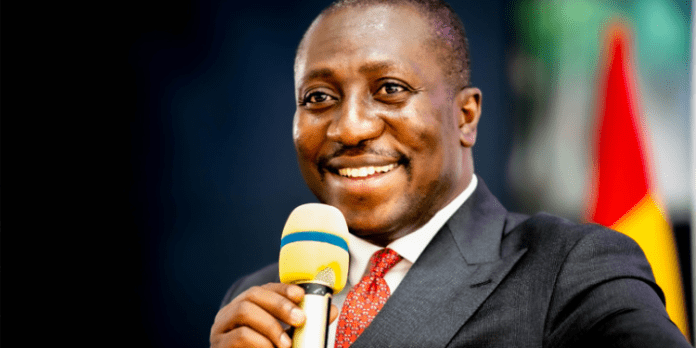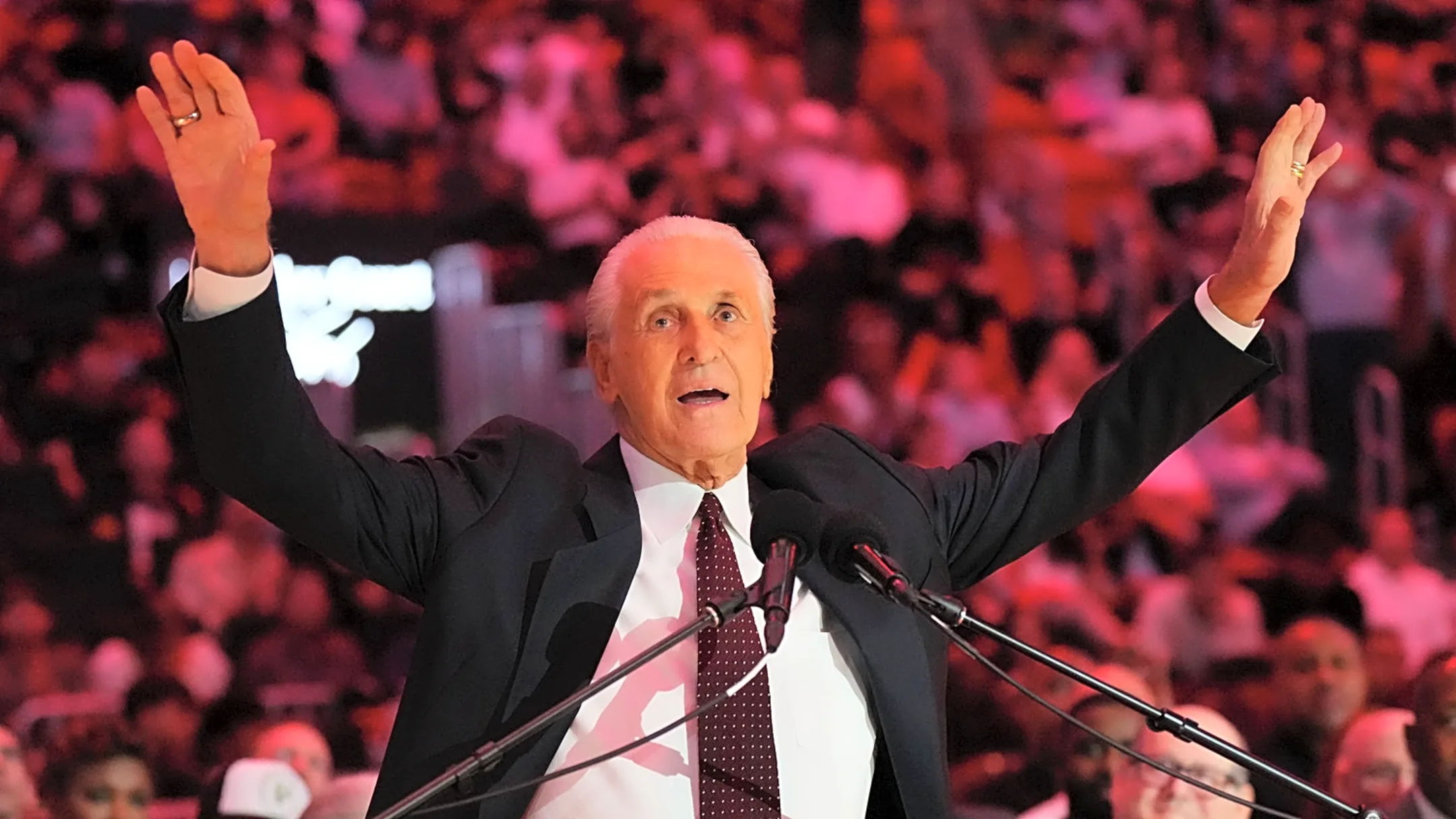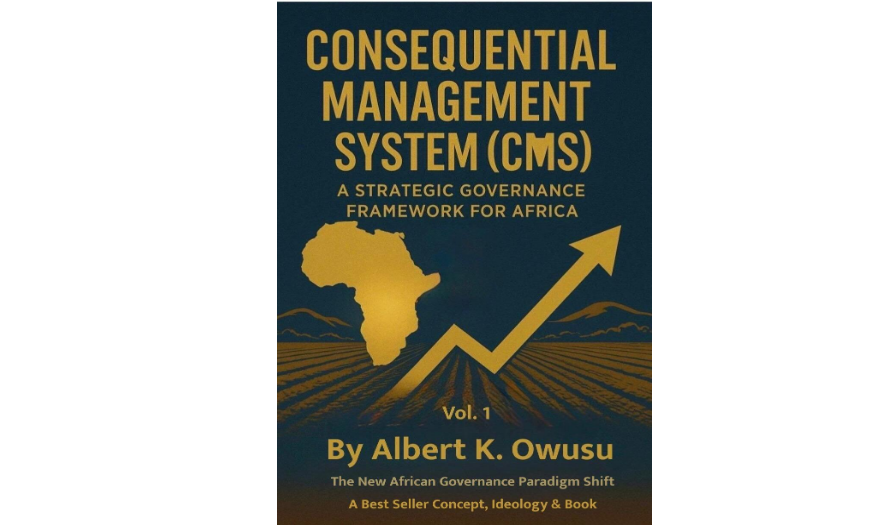By Ghana News,Hannah Dadzie
Copyright ghananewss

Minority Leader Alexander Afenyo-Markin inaugurated the Young Commons Forum at the University of Professional Studies, Accra, Wednesday, delivering a provocative challenge to students to reject corruption, embrace innovation, and transform Ghana through character-driven leadership rather than political promises.
The landmark summit, themed “Empowering Next Generation For Leadership and National-Building,” marked the establishment of Ghana’s newest youth political engagement platform designed to bridge university activism with practical governance accountability mechanisms.
Afenyo-Markin’s keynote address positioned Ghana’s youth demographic advantage as the nation’s primary development catalyst, noting that 57% of the population remains under 25 years while challenging students to recognize themselves as current change agents rather than future leaders.
The Minority Leader outlined three critical pillars for youth empowerment: innovation and entrepreneurship, demanding accountability from political leaders, and community service excellence. He emphasized that Ghana cannot compete globally by continuing dependence on raw commodity exports like cocoa and gold.
The forum’s inaugural president, Osborn Nyantakyi, pledged to build an inclusive platform where “every voice matters” while expressing gratitude for Afenyo-Markin’s mentorship and the Faculty of Accounting and Finance’s institutional support for the initiative.
Afenyo-Markin challenged conventional political engagement by urging students to move beyond rhetoric toward measurable outcomes, specifically demanding transparency through social media activism, community meeting attendance, and persistent follow-up on government policy implementation.
The Minority Leader invoked Thomas Sankara’s philosophy that fundamental change requires “a certain amount of madness,” encouraging students to embrace bold problem-solving approaches including coding, startup development, and value-addition manufacturing rather than traditional employment seeking.
His address included a documentary screening chronicling his political journey and public service record, positioning the forum as a practical mentorship platform connecting student leaders with experienced parliamentarians across party lines.
The summit featured the swearing-in of new Young Commons Forum executives committed to promoting civic education, policy discussions, and mentorship opportunities for students nationwide, establishing UPSA as the initiative’s headquarters while planning expansion across Ghana’s universities.
Afenyo-Markin emphasized that successful leadership measurement depends on character, integrity, and service impact rather than degrees or job titles, challenging students to pursue legacy-building through community transformation rather than personal advancement.
The forum’s establishment comes amid growing youth frustration with traditional political processes and increasing demand for direct engagement platforms enabling young people to influence policy development and implementation oversight at local and national levels.
Recent context includes Afenyo-Markin’s personal commitment to youth development, demonstrated through his September 10 presentation of GHC 105,000 supporting 33 Volta Region university students’ tuition fees at the University of Ghana, illustrating practical youth investment approaches.
The Minority Leader’s water crisis concerns in his Effutu constituency, attributed to galamsey pollution affecting potable water access, provided practical examples of governance challenges requiring youth-driven solutions and sustained accountability pressure on government officials.
His challenge to students emphasized that Ghana’s future depends not on individual presidents, parliaments, or policies, but on young people’s collective decision to “rise to the occasion” and serve causes greater than personal ambitions.
The summit concluded with executives outlining their vision for expanding civic engagement across Ghana’s tertiary institutions while establishing mechanisms for continuous dialogue between student leaders and parliamentary representatives on critical national development issues.



